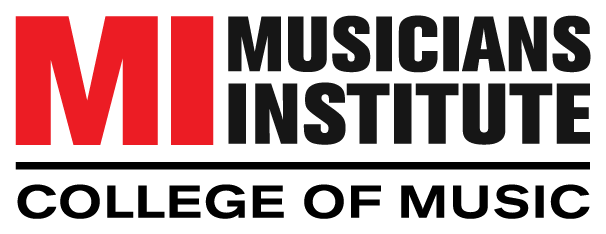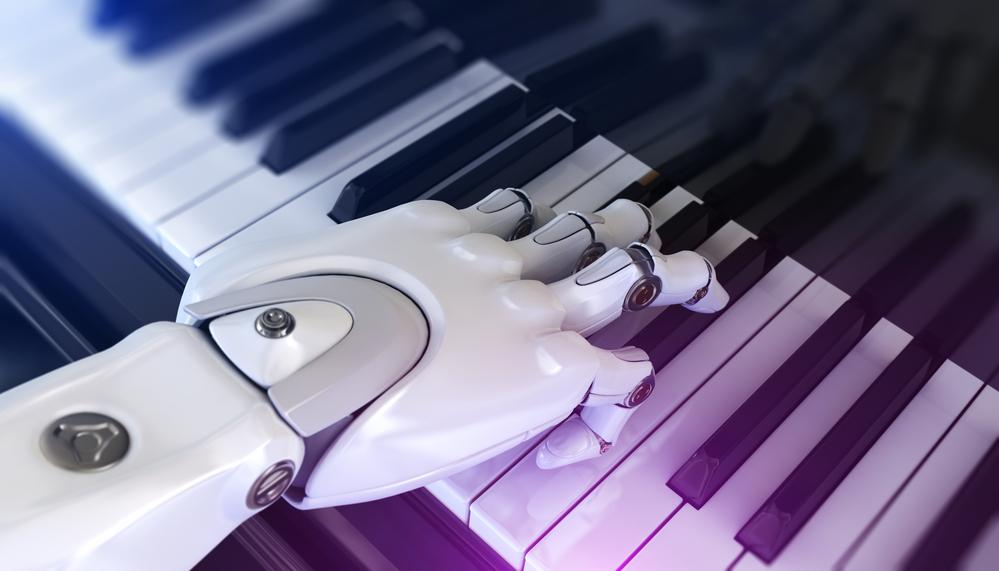The music industry is no stranger to technological innovation. From the introduction of vinyl records in the early 20th century to the advent of digital streaming services in the 21st, technology has played a significant role in shaping the way we listen to and create music. Now, with the emergence of artificial intelligence (AI), the industry is once again poised for significant transformation.
At Musicians Institute, we are committed to preparing our students for the latest advancements in music technology. As such, we have been closely monitoring the impact of AI on the industry, including the recent fake viral song featuring AI versions of Drake and The Weeknd.
The song, which was created by an AI-powered software called Amper Music, generated significant buzz on social media and was even picked up by major news outlets. The track was impressive in its own right, with the software generating a catchy beat, bassline, and melody that sounded like it could have been produced by a human. However, the real story here is not just the quality of the music, but what this could mean for the future of music production.
One of the most significant benefits of AI in music production is the ability to quickly generate new ideas and variations. As any musician can attest, coming up with fresh ideas can be a time-consuming and sometimes frustrating process. With AI, however, the software can quickly analyze and synthesize vast amounts of data, creating new musical ideas and variations in a matter of seconds. This technology has the potential to streamline the creative process and allow artists to focus more on the quality of their work rather than the quantity.

Blog Post
"*" indicates required fields
By submitting this form, I authorize Musicians Institute (MI) to make or allow the placement of calls, emails, and texts to me at the phone number that I have provided, including through the use of automated technology, or a prerecorded or artificial voice. I understand that I am not required to provide my phone number as a condition of purchasing any property, goods, or services. I agree to the terms of MI’s Privacy Policy. MI will not sell or rent your information to third parties, and you may unsubscribe at any time.
Another benefit of AI in music production is the ability to personalize the listening experience. Streaming services like Spotify and Apple Music already use AI algorithms to suggest songs based on a user’s listening habits, but the technology can go even further. With AI-generated music, the software can create customized tracks based on a user’s preferences, mood, and even biometric data. Imagine a world where a song adapts to your heart rate or changes tempo based on your mood.
Of course, there are also potential downsides to AI in music production. One concern is that the technology could ultimately replace human musicians and producers, leading to job loss in the industry. While it is true that AI can generate high-quality music, it is unlikely that it will completely replace human creativity and intuition. At Musicians Institute, we believe that the best music is created through a combination of human skill and technology.
Another concern is the potential for AI-generated music to become formulaic and predictable. While the software can generate endless variations on a theme, it may lack the emotional depth and nuance that comes from human experience. As such, it is important that musicians and producers continue to incorporate their own unique perspectives and experiences into their work.
At the end of the day, AI is not a replacement for human creativity, but rather a tool to enhance it. Musicians Institute is committed to helping our students understand the potential of AI in music production while also emphasizing the importance of human skill and experience. We believe that the future of the music industry is one where human and AI creativity work together to create new and exciting sounds.
In conclusion, the recent fake viral song featuring AI versions of Drake and The Weeknd is just the tip of the iceberg when it comes to the impact of AI on the music industry. While there are potential downsides to the technology, including job loss and formulaic music, the benefits of AI in music production are significant. As a music college in Los Angeles, Musicians Institute is dedicated to helping our students navigate the latest advancements in music technology and prepare them for a future where human and AI creativity work hand in hand.
Musicians Institute is the leader in contemporary music education offering certificates to Masters degrees in programs spanning instrument performance, electronic production, music business, and everything in between.
For more information on all programs offered, please visit here: mi.edu/programs/
For more information on MI Online programs, please visit here: mi.edu/programs/mi-online/

